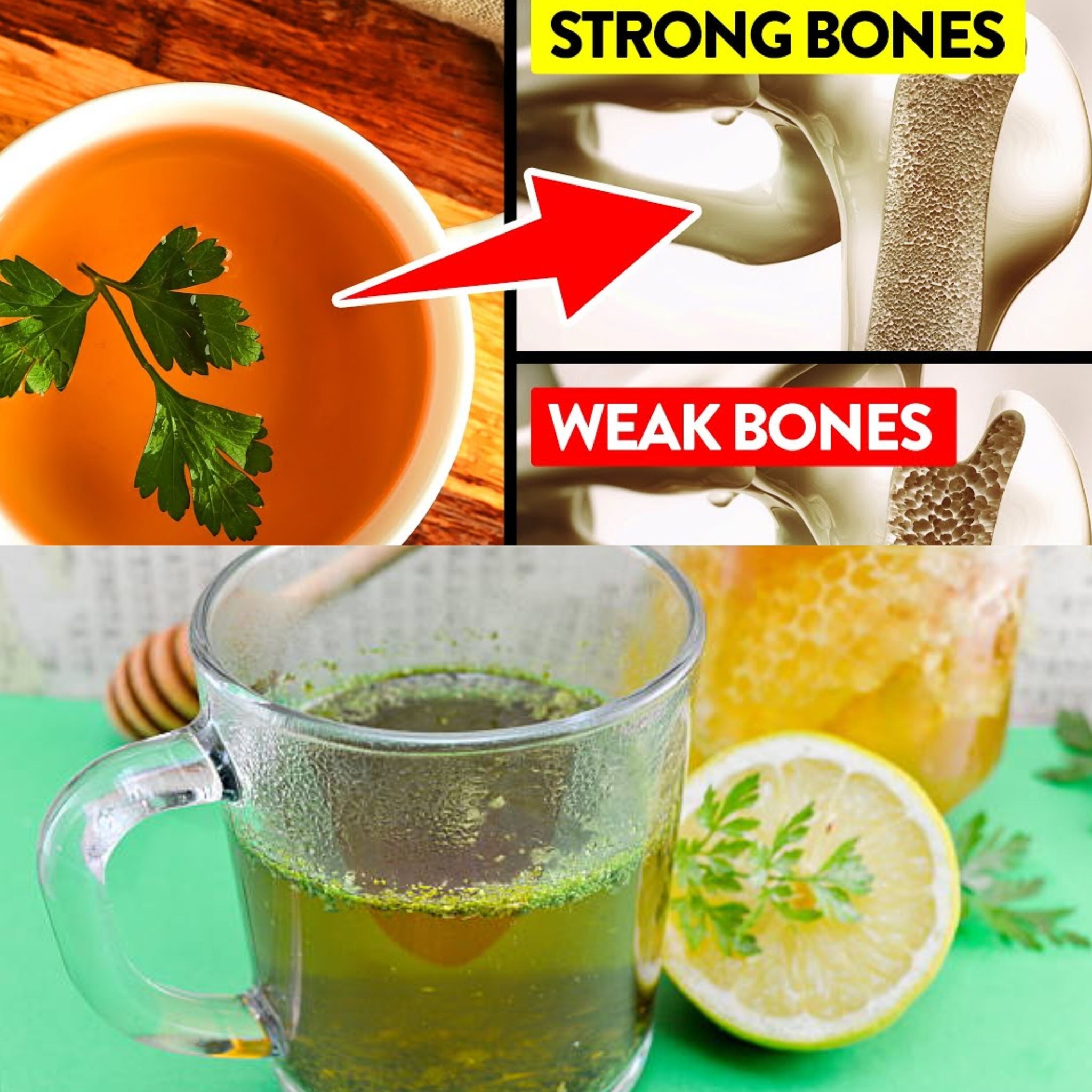ADVERTISEMENT
Parsley is often used as a garnish, but it offers a surprising range of health benefits, especially when brewed into a tea. Packed with vitamins, minerals, and antioxidants, parsley tea can support everything from digestion to heart health. Here are 12 incredible benefits of parsley tea that most people don’t know about.
1. Aids Digestion
Parsley tea is an excellent natural remedy for digestive issues. It helps stimulate the production of digestive enzymes, improving the breakdown of food and easing symptoms like bloating, gas, and indigestion. Drinking parsley tea can also reduce inflammation in the digestive tract, helping to soothe an upset stomach.
2. Supports Kidney Health
Parsley is a natural diuretic, which means it helps the body get rid of excess water and sodium through urine. This supports kidney function by flushing out toxins, reducing the risk of kidney stones, and preventing water retention. Parsley tea can be particularly beneficial for people who suffer from bloating or fluid retention.
3. Promotes Detoxification
Parsley tea acts as a natural detoxifier, helping to cleanse the liver and kidneys by promoting the elimination of toxins. The antioxidants in parsley, such as flavonoids and vitamin C, support the body’s natural detox processes, leaving you feeling lighter and more energized.
4. Regulates Menstrual Cycle and Eases Cramps
For women experiencing irregular menstrual cycles or painful cramps, parsley tea may offer relief. Parsley has been traditionally used to help regulate menstruation due to its ability to stimulate uterine contractions. It also helps relieve bloating and discomfort associated with menstruation.
5. Rich Source of Antioxidants
Parsley is packed with powerful antioxidants like flavonoids, carotenoids, and vitamin C. These antioxidants help protect the body from free radical damage, reduce inflammation, and support overall health. Drinking parsley tea regularly can boost your body’s defense against oxidative stress and chronic disease.
Read more on next page
ADVERTISEMENT
